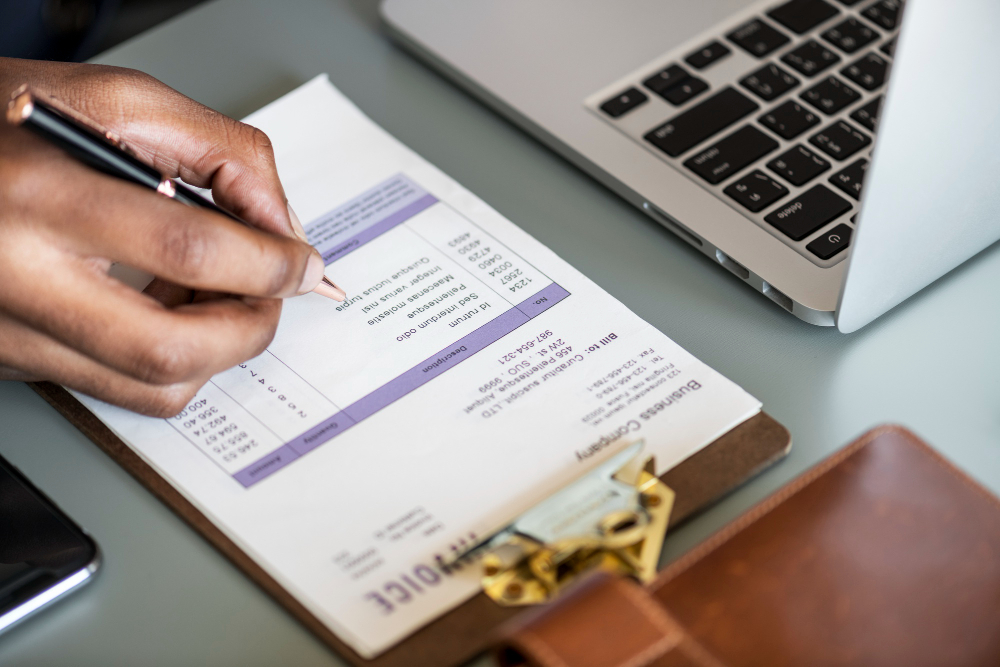The concept of payments on account is relevant to the people who file their self-assessments.
Payments on account are advance payments of tax liabilities (including Class 4 National Insurance for self-employed) to HMRC. In simple words, you will make advance payment of tax for your next year tax bill.
For example, if your tax liability for the tax year 2020/21 is £2,000. You will be required to pay your tax liability of £2,000. In additional to this, you will also be required to pay two payments on account of £1,000 each for the tax year 2021/22.
Am I required to make payments on account?
You will not be required to make any advance payments on account if:
For example, if your tax liability for the tax year 2020/21 is £800, you will not be required to make any payments on account.
In the same way, if your total tax liability for the tax year 2021/21 is £5,000 and you have already paid tax at source more than £4,000 (80% of £5,000), you will not be required to pay any payments on account.
Each payment is half your previous year’s tax bill. Payments are usually due by 31 January and 31 July.
If you still have tax to pay after you have made your payment on account, you must make a balancing payment by 31 January next year.
Payments on account do not include anything you owe for capital gains or student loans (if you’re self-employed) – you’ll pay those in your ‘balancing payment’.
Can I reduce my payment on account?
If you know your tax bill is going to be lower than last year, you can ask HM Revenue and Customs (HMRC) to reduce your payments on account.




